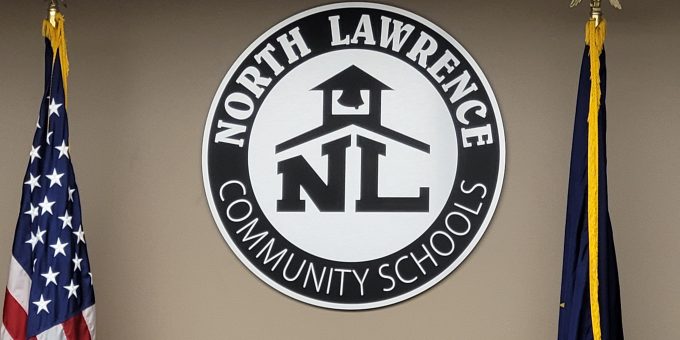
BEDFORD – On Tuesday, Indiana Public Access Counselor Luke H. Britt issued his opinion on a complaint from a resident who claimed North Lawrence Community Schools violated open door law during their annual budgeting process.
The complaint, filed by Kayla Hoffman on Oct. 27, 2022, claimed that the district had violated Open Door Law during the 2023 budget process.
Hoffman’s complaint stated that following the NLCS board’s adoption of their 2023 plans on Oct. 20, 2022, she had looked through the minutes and audio of that meeting, along with prior meetings to determine if the NLCS board held any discussions regarding their 2023 spending plans, but she could not identify any instances of the board discussing these matters.
As a result, Hoffman contended that discussions took place behind closed doors in violation of the Open Door Law. Hoffman also asserted that when she questioned former NLCS superintendent Ty Mungle about this matter, she did not receive what she believed was a satisfactory response.
The board, represented by Greg Pittman of the Pittman Law Firm, filed a response to her complaint on Dec. 13, 2022, which denied any conversations about the budget or spending plans had taken place outside of advertised public meetings.
Their response contended that public meetings where plans were discussed were properly advertised according to Indiana law. Their response also stated that their plans were discussed during such meetings, which they claimed was reflected in both the minutes and the audio provided by NLCS.
Britt’s opinion on the matter was that the evidence provided by NLCS showed their meetings were property advertised and the budget and spending plans had been discussed and approved in front of the public.
His opinion also stated that he felt the plans had been presented clearly enough that they likely did not warrant detailed discussion by the board.
“Given the nature and detail of the plans presented, it is unclear what further discussion would accomplish. Certainly, if there were questions or concerns from the public, then Board members may want to use their floor time to address those matters. There is no requirement, however, that discussion be held for discussion’s sake when the spending measure is planned and mapped out conspicuously,” Britt said in his opinion.
“Based on the information submitted, there is no evidence suggesting the Board is attempting to obfuscate or otherwise hide any course of action. The relevant spending plans look to be addressing routine maintenance and repair issues with no new major projects are implicated. Simply put, absent any concerns with the plans, any discussion of the proposed items would seemingly be redundant,” Britt’s opinion later stated.



